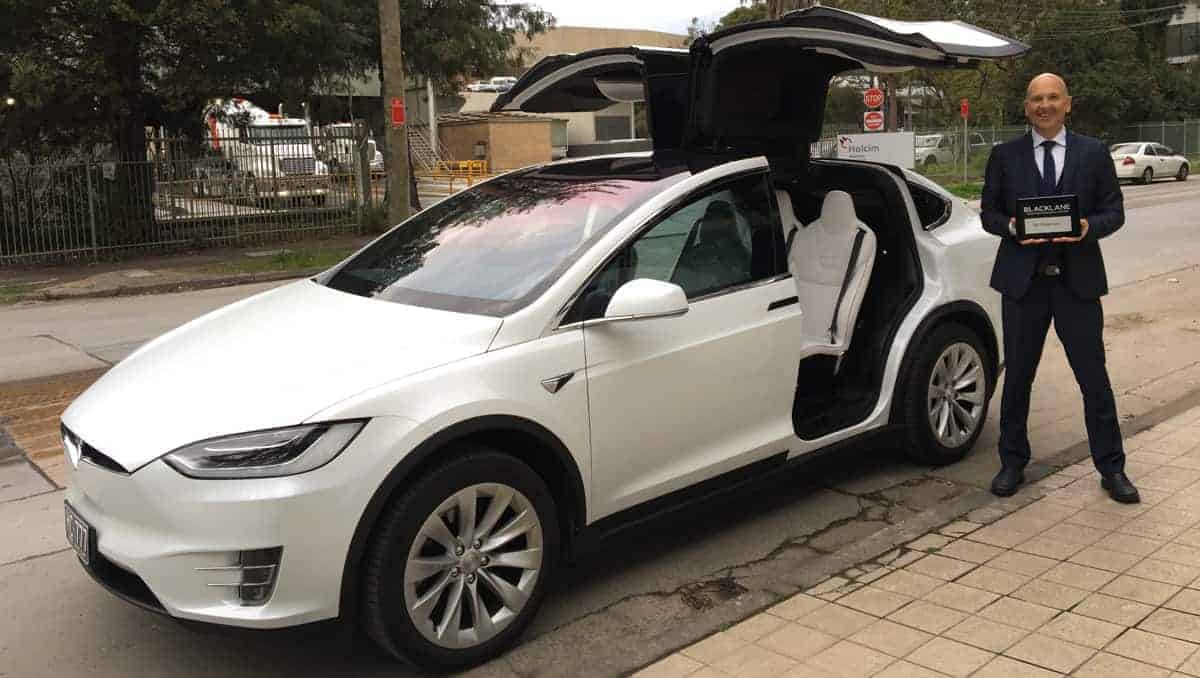As countries like China, India, France, Germany, Britain, and Norway work to lower their emissions, they are likely to eventually ban gas and diesel vehicles in favor of cleaner vehicles in some cities. If you operate in one of these countries, the question of whether or not to purchase an electric or hybrid vehicle is business-critical for you.
So is driving a car with a combustion engine akin to driving a horse and buggy?
Not yet, but it may be sooner than than you think. Though a full turnover could take decades, leading car manufacturers are already shifting their strategy to focus heavily on electric, or at least electrified, cars. It’s a good enough reason to have a closer look.
After several months of testing, we now allow Tesla Model S and Model X as the first electric cars in our fleet for most districts, we have launched electric vehicles in select cities as part of our Business Class, plus we offset every Blacklane ride with our Carbon Offset Program that invests in a wind power project in India. The industry shift to electric cars isn’t solely motivated by technological advances or environmental sustainability, but by popular demand. While these cars may not be as luxurious as their classic competitors, our customers love them: with an average vehicle rating of 4.94, Tesla outperforms any other brand in our fleet.
Fun fact: One of our partners in Berlin, Germany no longer recommends their Tesla X for weddings, as photographers tended to take more pictures of this “iPhone on wheels” than of the bride and groom.

When considering an electric car, loading infrastructure will be a key dependency. A Tesla Model S runs up to 500 km (310 miles) per charge, depending on battery age, temperature, and driving style. This range needs to fit your schedule and common ride distances. Proximity to a Supercharger is also something to consider, or whether or not you can set up your own charger.
But what about the costs?
“A Tesla Model S is as expensive as a Mercedes S-Class.”
Is it? This can be true for the cost of purchase, but if you look at the so-called Total Cost of Ownership (TOC), the picture is usually very different. Depending on the price for gas and electricity in your region, a hybrid or electric vehicle might be even cheaper to operate than many conventional cars that are more common in our industry. Taxes, parking fees, and capital loss on resale value can also be significantly lower for electric cars.

So, is it worth it?
Whether or not you should purchase an electric vehicle is very much dependent on factors unique to your situation. Our only recommendation is to check it out and do the math based on your specific needs. Considering the lengthy (and growing) lead times for new electric cars, we also recommend doing it now, while you’re still ahead of the curve. To help you judge if it’s worth it, we’ve compiled a calculation template, with some example data, in this Google Sheet, which you can also download as an Excel file. Enter your own data, so you can compare your individual cost of ownership.
If you have a Tesla Model S or Model X, contact your Affiliate Manager to be able to conduct electric rides.


